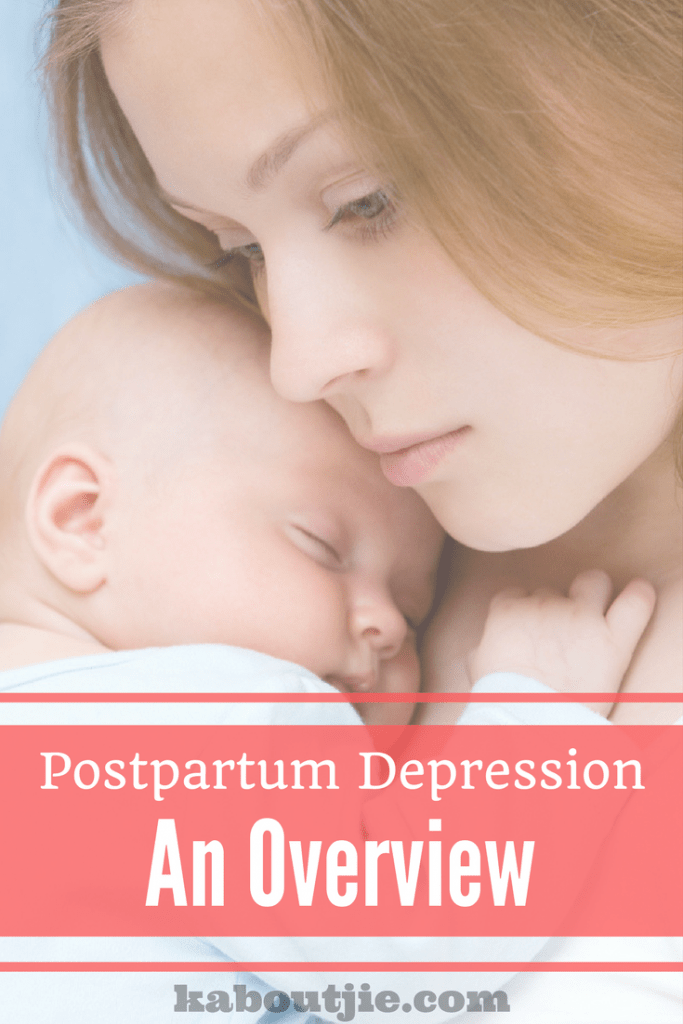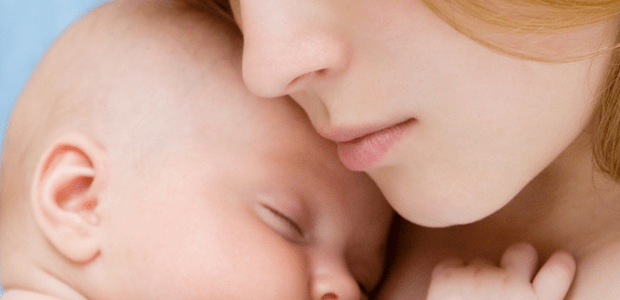Postpartum depression affects approximately 10 percent of new mothers, according to the Mayo Clinic. Postpartum depression should not be confused with the “baby blues”, a period of anxiety and depression that affects many women in the days after childbirth. While the baby blues resolve on their own, postpartum depression symptoms can last for months if they’re not treated.
Causes of Postpartum Depression
The exact cause of postpartum depression is unknown, although major changes in hormone levels after pregnancy may trigger postpartum depression symptoms.
Factors such as age and number of children do not appear to increase a woman’s risk of postpartum depression, although a lack of emotional support makes postpartum depression symptoms more likely. Women with a history of depression (including previous cases of postpartum depression) or other mental illness are also at high risk of developing postpartum depression.
Postpartum Depression Signs and Symptoms
The baby blues are characterized by feelings of being overwhelmed and anxious. Loss of appetite, mood swings and crying spells are all symptoms of the baby blues.
Postpartum depression signs may resemble the baby blues, but are more severe and can be debilitating. While the baby blues develop within a few days of birth and last a few days or weeks, postpartum depression signs may develop up to a year after birth and last for weeks or months. Postpartum depression will not always go away on its own, and medical treatment may be necessary.
Postpartum depression often starts in the third trimester, knowing what to expect in your pregnancy week by week can help better prepare a new mother to recognize it.
A lack of interest in the newborn and caring for the baby are possible postpartum depression signs. Postpartum depression symptoms can also include thoughts of self-harm or harming the baby.

Obstacles to Postpartum Depression Diagnosis
Symptoms of postpartum depression, while debilitating, may not be obvious to doctors unless the woman suffering from depression broaches the topic. Unfortunately, some women may not mention postpartum depression signs to their doctor, making diagnosis more difficult.
Women may hide postpartum depression signs for several reasons. Depression itself makes it difficult to seek out treatment, and it can be difficult to admit that one is depressed.
First-time mothers may not realize that their symptoms are a sign of illness, dismissing symptoms of postpartum depression as the baby blues. Other women may believe that postpartum depression somehow makes them a bad mother. Shame, fear and guilt are all postpartum depression signs, and can also prevent women from seeking help.
Feelings of guilt or worthlessness often focus on performance as a mother when postpartum depression is a factor.
Fatigue, changes in appetite and changes in sleep patterns must all be considered carefully. A new mother is expected to be tired, newborns disrupt sleep, and appetite often changes after pregnancy. However, such conditions may also be postpartum depression signs.
Postpartum psychosis is a serious condition and requires immediate medical treatment in order to ensure the health of both the mother and the baby.
Left untreated, postpartum depression can last for months. An early postpartum depression diagnosis provides opportunities for treatment and relief from severe postpartum depression symptoms.
Steps in Postpartum Depression Diagnosis
The first step in any postpartum depression diagnosis is to gather a list of symptoms. Women may be asked to fill out mental health screening questionnaires to rate the severity of their symptoms.
Depression symptoms can be caused by a variety of physical conditions. Some women develop thyroid dysfunction after childbirth, which may cause weight loss, agitation and panic attacks. Labor can cause excessive bleeding, which may in turn cause anemia, leading to fatigue. These and other conditions should be ruled out when considering a postpartum depression diagnosis.

Postpartum Psychosis
Postpartum psychosis is a rare mental disorder characterized by delusional thinking, hallucinations, and attempts to hurt oneself or one’s baby. The condition usually develops within two weeks of giving birth.
Postpartum psychosis may be the result of extremely severe postpartum depression symptoms, or may be a separate disorder. Whatever the cause, postpartum psychosis is a medical emergency requiring prompt treatment for the safety of both mother and child.
Postpartum Depression Help
Women suffering from postpartum depression may not be aware that they need help, or they may attempt to hide postpartum depression symptoms from other people. It’s not uncommon for women with postpartum depression to believe that they are “bad” mothers because of their symptoms.
Society assumes that a new mother will be happy and fully engaged with her baby. In many situations, this might be true, but postpartum depression prevents a woman from enjoying new motherhood. Guilt and anxiety over a seeming inability to embrace motherhood are common side effects of postpartum depression.
Fortunately, postpartum depression help is available. For the most part, postpartum depression treatment resembles other types of depression help. Antidepressants and therapy are both used to treat postpartum depression. Depression medication is available that is safe to use while breastfeeding.
Postpartum depression symptoms don’t have to interfere with parenthood and the enjoyment of a new child. Safe and effective postpartum depression help is available.
 Kaboutjie SA Mommy Blogs by Lynne Huysamen
Kaboutjie SA Mommy Blogs by Lynne Huysamen





This is something very close to my heart because of the stigma around metal illnesses and i believe we need to create awareness whenever we can. Women don’t talk openly about such things and i believe that if we were all honest and upfront with certain things we could help a lot of moms and moms to be without even knowing it.
The crying and mood swings was my worst for 3 months after I gave birth… After reading the article I can relate… It was a long difficult path but I managed with an understanding partner now I realise I was harsh on him the most he was my easy target…. Eish going to read this to him… Great info for new moms.